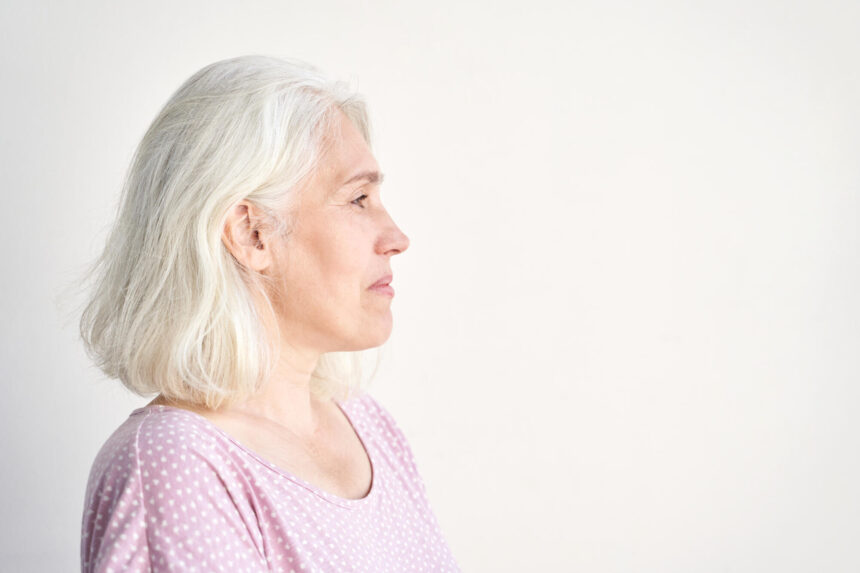Aging is a natural part of life that everyone experiences. As people grow older, their bodies go through many changes. Unfortunately, one of the significant effects of aging is an increased risk of serious health issues, including cancer.
The chances of developing cancer rise as we age due to a variety of factors, including changes in our cells, immune system, and overall health. Read on to learn more.
How Does Aging Increase Cancer Risks?
As we age, our bodies undergo several changes that may contribute to a higher cancer risk. Here are some factors that can lead to this increased risk:
Cellular Changes
Every time our cells divide, there’s a chance for errors to occur in their DNA. As people get older, the likelihood of these errors increases, which can lead to the development of cancer.
Immune System Decline
Our immune system helps protect us from infections and diseases, including cancer. However, as we age, our immune system weakens, making it less effective at identifying and destroying cancerous cells.
Environmental Pressures
Over the years, individuals may be exposed to harmful substances like chemicals and radiation. The cumulative effect of these exposures increases the cancer risk.
Common Types of Cancer in Seniors
Certain types of cancer are more common in seniors due to age-related factors. The following cancers have higher rates among older adults:
- Breast Cancer
- Prostate Cancer
- Colorectal Cancer
Signs to Watch For
Being aware of the signs and symptoms of cancer is important for seniors and their caregivers. Some common symptoms include:
- Unexplained weight loss
- Persistent fatigue
- Pain that doesn’t go away
- Changes in bowel
- Changes in the appearance of moles or skin
If any of these symptoms persist, it’s essential to consult a healthcare professional immediately.
Proactive Strategies for Reducing Cancer Risk
While aging does increase the risk of cancer, many proactive strategies can help seniors reduce their chances of developing the disease. Routine medical visits can help catch any issues early, including cancer. Doctors can recommend tests based on individual risk factors.
Eating a balanced diet filled with fruits, vegetables, whole grains, and lean proteins is vital. Certain foods have been shown to have protective effects against cancer.
Engaging in regular physical activity can help maintain a healthy weight and strengthen the immune system, both of which play a role in reducing the risk of cancer.
Avoiding smoking and excessive drinking can significantly lower cancer risk. Keeping up to date with the latest research about cancer can help seniors and their families make informed decisions about their health.
Importance of Early Detection
Early detection is key in the fight against cancer. If cancer is caught early, treatment options are often more effective, and recovery rates improve. Seniors should participate in recommended screenings for their age group. For instance, mammograms for breast cancer, colonoscopies for colorectal cancer, and prostate exams for men can save lives.
Furthermore, understanding the symptoms and recognizing changes in health can make a significant difference in outcomes. By reducing cancer risk for seniors through awareness and proactive measures, families can help their loved ones lead healthier lives.
Facing the Challenge of Aging Together
Aging brings many changes, including an increased risk of cancer. Understanding these risks and taking proactive steps can make a difference in outcomes for seniors. With regular medical check-ups, a healthy lifestyle, and early detection through screenings, it’s possible to lower cancer risks. By working together, we can help ensure that our loved ones enjoy longer, healthier lives.
Take the first step towards a healthier future today. Check the rest of our site now!


